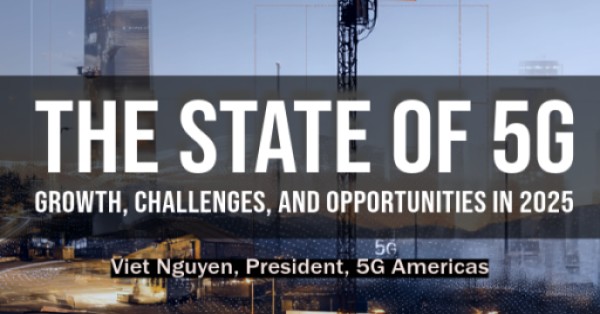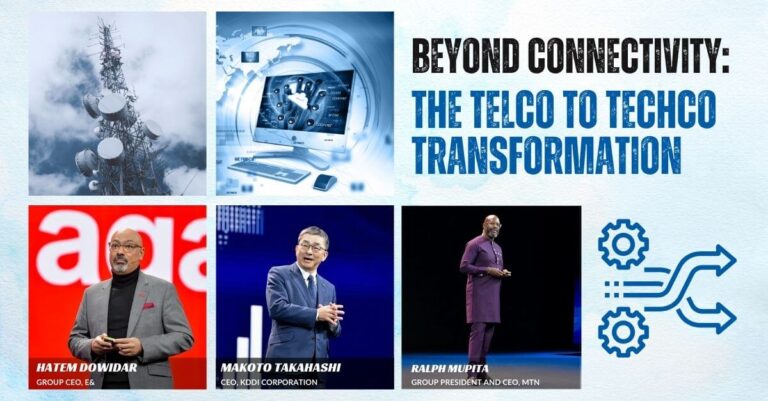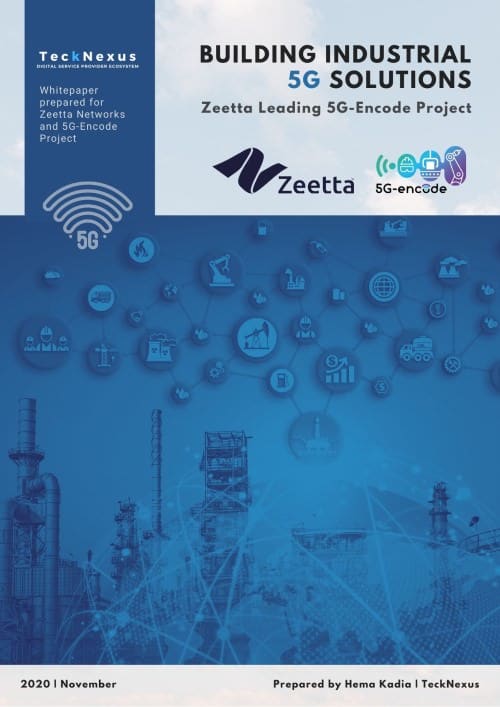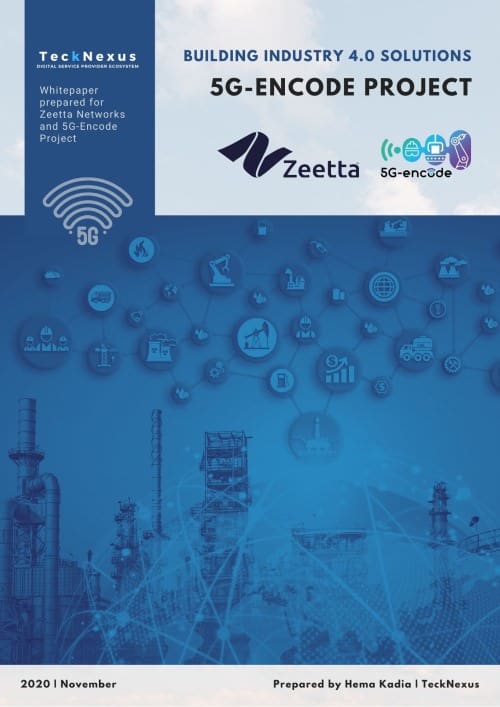MTN is building private 5G networks for 14 companies in the mining and ports sectors in South Africa, reports the Sunday Times. The private 5G networks will provide the firms with guaranteed coverage and capacity for their operations.
MTN’s CEO Charles Molapisi said that private networks were an “exciting” area for the operator. “We are far ahead of many in terms of private network on the 5G side. We see this as a huge growth area,” Molapisi was quoted as saying.
In addition to providing data and voice services, the executive said 5G private networks would support cloud computing, improved cybersecurity, and unified communications.
“It’s connectivity first; then we put [on] layers of other services. Any form of communication will be deployed. Globally, companies are moving aggressively into this,” Molapisi said.
According to the carrier’s latest interim financial results, MTN added 443 5G sites across South Africa by the end of June 2022, bringing the total of 5G sites to 1,391.
MTN currently provides 5G coverage to 20% of the country’s population, with the aim of reaching 25% of South African population by the end of this year. The company had acquired spectrum in the 3.5 GHz band during a spectrum auction in March 2022 carried out by South African regulator Icasa.
According to the report, MTN plans to acquire additional spectrum during the second phase of Icasa’s auction, which is expected to occur once the digital TV migration has been completed.
MTN currently provides 5G in 38 cities across South Africa. In March 2022, Icasa had completed a delayed spectrum auction for the provision of 5G services, in which all six qualifying bidders secured frequencies in the various spectrum bands.
Icasa said that the government raised a total of ZAR14.4 billion (currently $812 million) in the process.
The regulator noted Cell C, Liquid Telecom, MTN South Africa, Rain Networks, Telkom South Africa, and Vodacom South Africa submitted bids in the main auction of frequencies in the 700 MHz, 800 MHz, 2.6 GHz and 3.5 GHz bands, which followed an initial opt-in phase.
- In the process, Vodacom secured 2×10 megahertz blocks in the 700 MHz, 1×80 megahertz in 2.6 GHz and 1×10 megahertz in the 3.5 GHz bands.
- MTN secured 2×10 megahertz in the 800 MHz, 4×10 megahertz in the 2.6 GHz and 4×10 megahertz in the 3.5 GHz bands.
- Telkom obtained 22 megahertz in the 3.5 GHz band. The operator had also secured 2×10 megahertz in the 800 MHz band in the opt-in phase.
- Rain Networks secured 10 megahertz in the 3.5 GHz band, adding to the 2×10 megahertz of 700 MHz and 10 megahertz in the 2.6 GHz band secured in the opt-in phase.
- Meanwhile, Cell C obtained 1×10 megahertz in the 3.5 GHz band, while Liquid Telecom secured 4 megahertz of 3.5 GHz.
In July 2020, MTN had announced the launch of its 5G network in the country, with the initial deployment of 100 5G sites. The network initially covered areas of Johannesburg and Cape Town, as well as Bloemfontein and Port Elizabeth.
MTN used Dynamic Spectrum Sharing (DSS) for these initial 5G deployments.




























